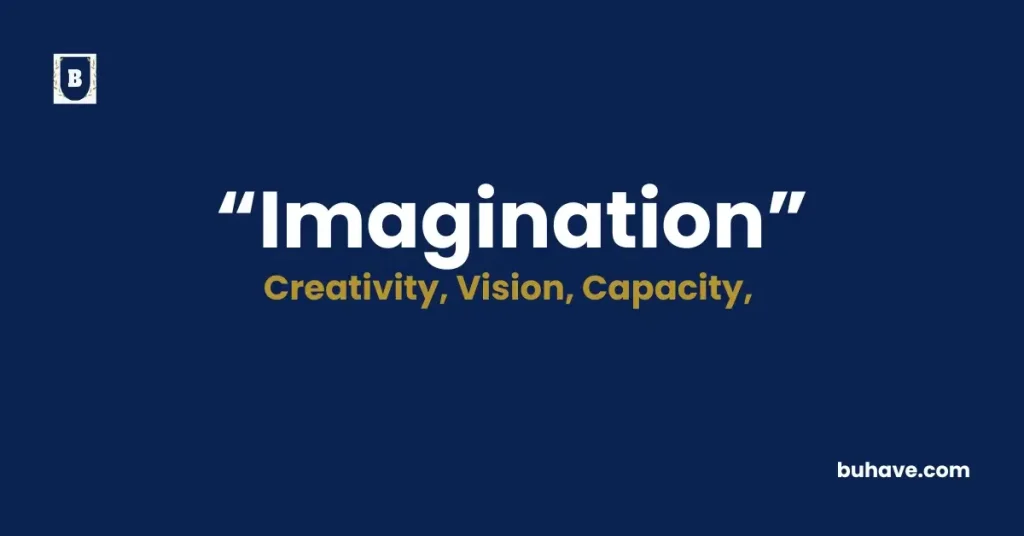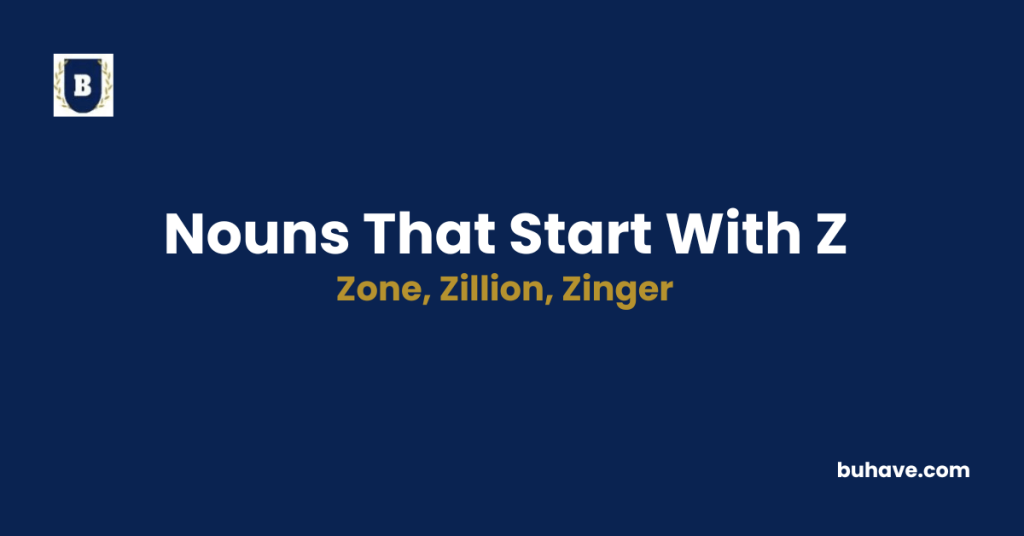The word ‘Imagination’ (Noun) describes the ability to form mental images, ideas, or concepts that are not immediately present to the senses. In this guide, you’ll learn the full definition, synonyms, antonyms, etymology, and real-life examples of how to use ‘Imagination’ correctly in sentences.
Imagination Explained in Depth
A complete and detailed guide to the word ‘Imagination’ including meaning, definition, examples, etymology, synonyms, and antonyms.
Meanings of Imagination
Imagination means the power or capacity to create ideas, images, or concepts in your mind that go beyond what is immediately visible or real. It’s the ability to think creatively, envision possibilities, and dream up new worlds or solutions.
Definition
Imagination is the faculty of forming new ideas, images, or concepts that are not directly perceived through the senses. It’s the creative process that allows you to visualize things that are not yet real or to solve problems in innovative ways.
Etymology
The word “imagination” comes from the Middle English ymaginacioun, derived from Latin imaginatio meaning “image, representation, idea.” Its root is imaginari, meaning “to picture oneself.” The original idea is about forming mental images—seeing something with the mind’s eye that does not yet exist in reality.
Example Sentences
- Her imagination allowed her to create stories that captivated millions of readers.
- With a little imagination, even the most ordinary day can feel like an adventure.
- The artist’s imagination brought color and life to an otherwise blank canvas.
Imagination Synonyms
- Creativity
- Fantasy
- Inventiveness
- Vision
- Invention
- Resourcefulness
- Originality
- Innovation
- Inspiration
- Dreaming
Imagination Antonyms
- Reality
- Fact
- Practicality
- Literalness
- Realism
- Logic
- Rationality
- Certainty
- Objectivity
- Predictability
FAQs about Imagination
Here are some frequently asked questions (FAQs) about the word “Imagination”
1. What does “imagination” actually mean?
“Imagination” means the mental ability to create images, ideas, or concepts that are not physically present, often used for creativity, innovation, or problem-solving.
2. Can “imagination” describe something creative?
Yes, absolutely! It’s often linked to creativity, artistic expression, and innovation—like writing stories, painting, or inventing new ideas.
3. Is “imagination” always positive?
Mostly, but not always. While it usually has a positive connotation of creativity and inventiveness, sometimes it can lead to unrealistic thinking if not balanced with practicality.
4. How is “imagination” different from “creativity”?
“Imagination” is the mental ability to form new ideas or images. “Creativity” is the application of that imagination to produce something new or solve a problem.
5. Can I use “imagination” in everyday conversation?
Yes, it’s common and works in both casual and formal speech. For example, “Use your imagination to think of a solution” or “Her imagination knows no bounds.”

















